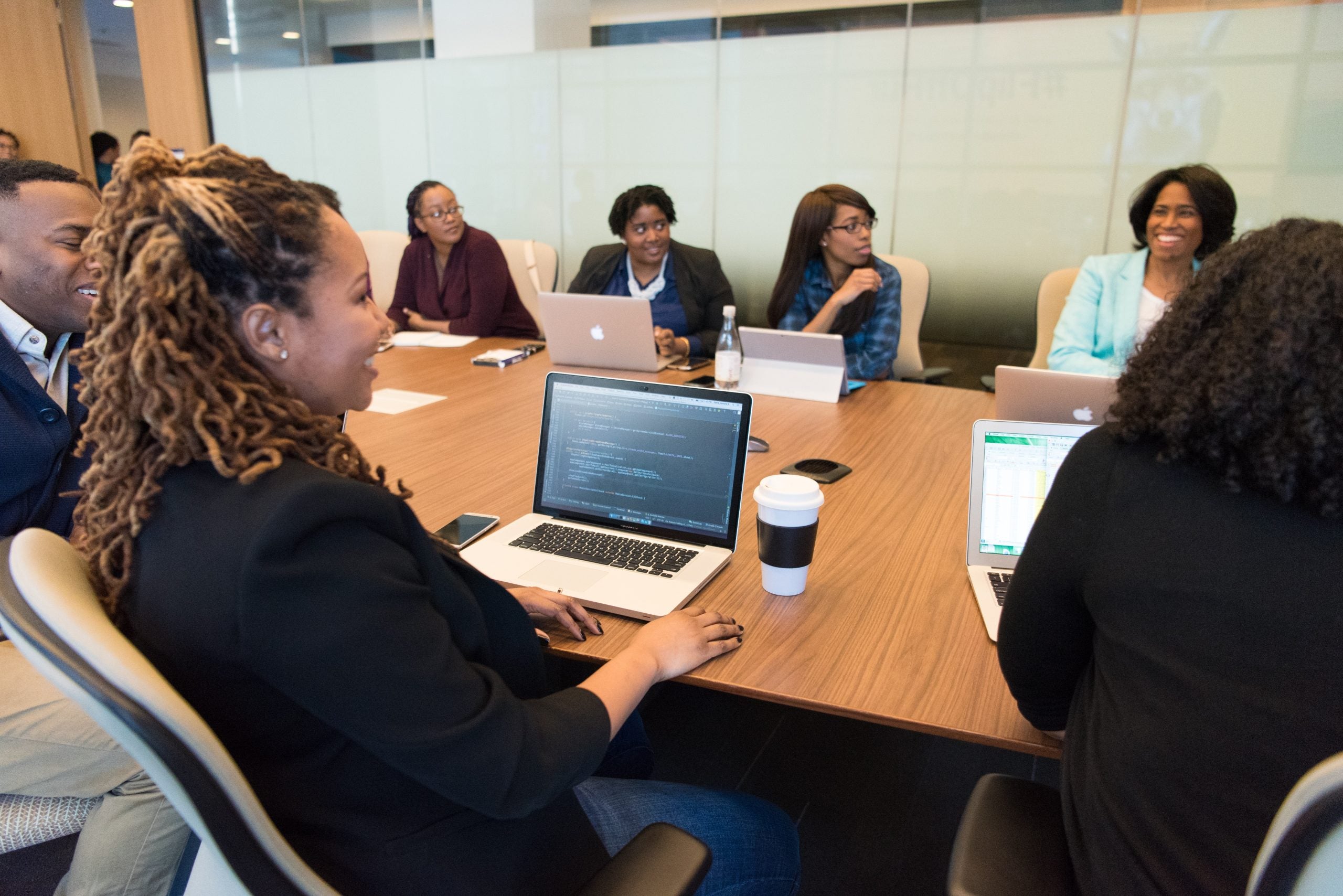
The staggering number of workers turning in their two-week notices despite salary increases proves that sometimes higher pay and other perks just aren’t enough.
In a wide-reaching 2022 survey, Pew Research reported that 63% of workers who reported recently quitting their jobs left because they felt there was no room for advancement. About 8 million Black Americans left their jobs in 2021, and one of the contributors was reportedly systemic glass ceilings and the desire for more diversity.
Goldman Sachs has been keenly aware of this issue and have implemented initiatives to drive DEI amplification, but according to recently released data, there may still be a lot more work to do.
Goldman’s People Strategy Report pointed out they are losing their most powerful Black women within their organization, Bloomberg reported.
Goldman had 19 Black women within its executive and senior official pool in November 2021. This is down 6 employees, from its reported 25 in 2020. Black men however, stayed steady at 24 executives. However, Black employee totals increased overall in the US grew from 1,425 to 1,649.
“As this report details, we are holding ourselves accountable for driving progress,” Bentley de Beyer, the firm’s head of human resources, said in the report. He said the firm’s priorities “are grounded in the belief that our ongoing commitment to advancing diversity, equity and inclusion through action and impact will better meet the needs of the clients we serve.”
Although Goldman’s report illustrates that they haven’t quite reached the DEI goals they set two years ago, they are making great progress. It was recently announced that their One Million Black Women Initiative gave 50 grants to Black women running businesses and non-profits.
Internally, women make up about 32% of the employee pool and Black workers in the Americas and the UK are 4% of vice presidents.
“As we seek to advance racial equity, both at our firm and in our communities, we want to emphasize that this is a key moment to effect lasting improvement,” Megan Hogan, its head of diversity, said then. “We are at a pivotal inflection point, and this conversation is just the beginning.”
